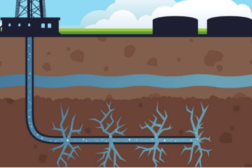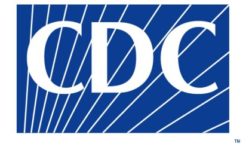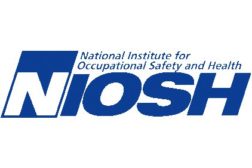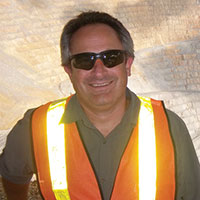Environmental Health and Safety
CDC chief on recent lab incidents: “These events should never have happened”
Press conference addresses concerns about CDC lab quality, safety
July 14, 2014
CDC Director releases after-action report on recent anthrax incident
Outlines steps being taken to improve lab safety
July 14, 2014
NIOSH intros affiliate program for Total Worker Health iniative
NASA one of the first members
July 11, 2014
Don’t let your exhortations ring hollow
Be disciplined when using words to create action
July 9, 2014
What PPE to use when cleaning out radioactive room at nuke site?
Workers at Hanford Site helped select equipment, develop training
July 7, 2014
Become a Leader in Safety Culture
Build your knowledge with ISHN, covering key safety, health and industrial hygiene news, products, and trends.
JOIN TODAYCopyright ©2025. All Rights Reserved BNP Media.
Design, CMS, Hosting & Web Development :: ePublishing








